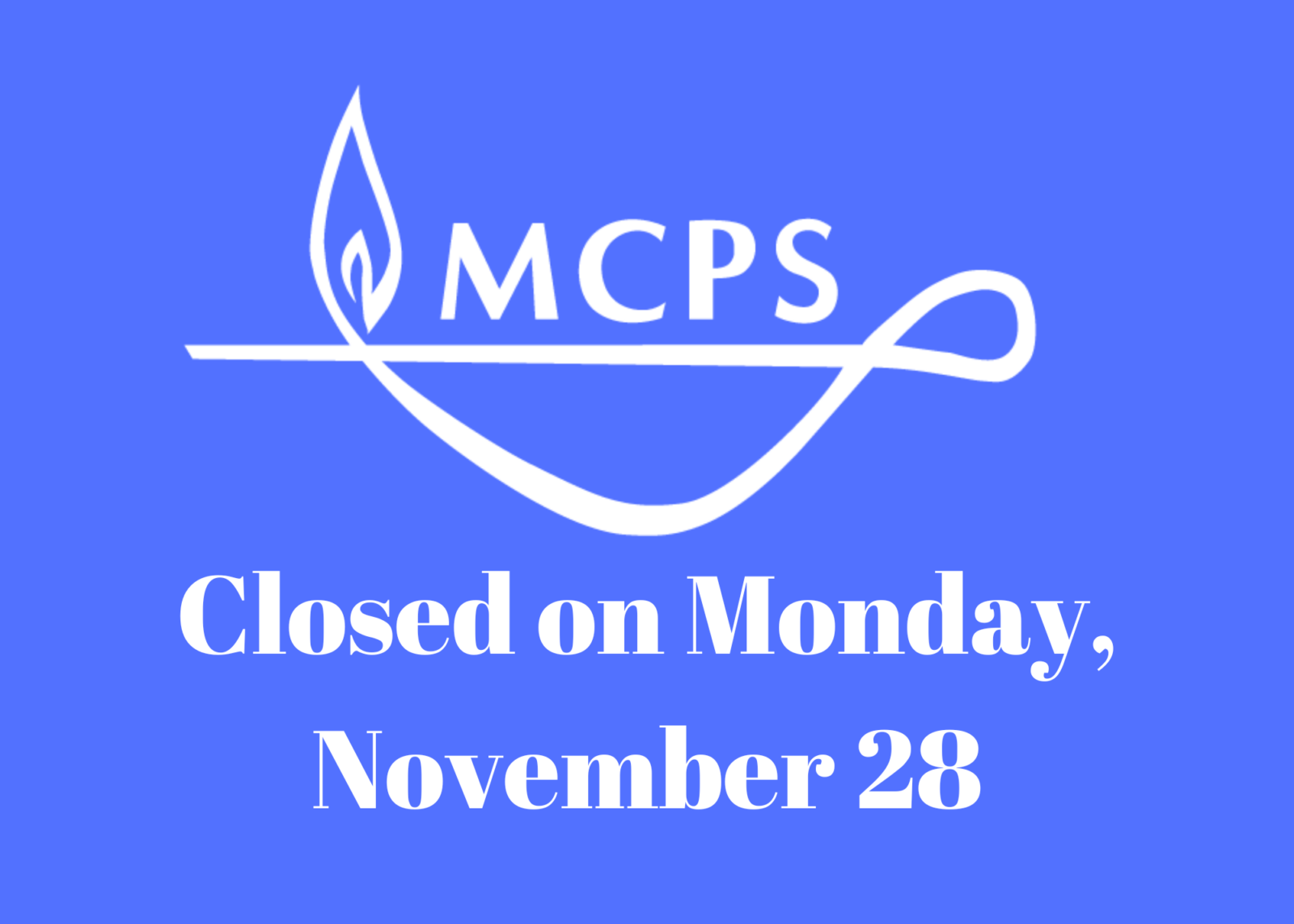Understanding MCPS Closure: A Comprehensive Guide - Obtaining an MCPS license requires adherence to a structured process. First, the applicant must submit a detailed application form, providing information about the music they intend to use. Once the application is approved, the licensee must regularly submit usage reports and pay royalties based on the agreed terms. This article aims to provide a thorough understanding of MCPS closure, its significance, and the steps you can take to navigate this complex landscape. Whether you're a seasoned music professional or just starting in the industry, the insights provided here will empower you to make informed decisions about your intellectual property.
Obtaining an MCPS license requires adherence to a structured process. First, the applicant must submit a detailed application form, providing information about the music they intend to use. Once the application is approved, the licensee must regularly submit usage reports and pay royalties based on the agreed terms.
MCPS Schools Will Be Closed on Monday, November 28th, 2025 Due to Power
Furthermore, MCPS closure can disrupt the music industry's ecosystem, leading to mistrust and increased scrutiny of licensing practices. It is crucial for all stakeholders to understand the implications and take steps to prevent closure from occurring.
We encourage you to take action by reviewing your licensing practices, staying informed about industry developments, and engaging with MCPS to resolve any issues. Your participation in maintaining a fair and transparent licensing system benefits the entire music community.
In conclusion, MCPS closure is a significant issue that requires attention from all stakeholders in the music industry. By understanding its causes, implications, and prevention strategies, you can safeguard your rights and ensure fair compensation for your work.

To prevent MCPS closure, it is essential to follow best practices in licensing and royalty management. Here are some key steps to consider:
MCPS operates by issuing licenses to music users, such as record labels, streaming services, and broadcasters. These licenses grant permission to reproduce and distribute music, subject to certain terms and conditions. MCPS then collects royalties on behalf of rights holders and distributes them accordingly.
There are several common reasons for MCPS closure, including:
The rise of digital technology has transformed the music industry, presenting both opportunities and challenges for MCPS. With the proliferation of streaming services and online platforms, MCPS must adapt its licensing models to meet the demands of the digital age.
MCPS closure refers to the termination of an MCPS license due to non-compliance or failure to meet the terms of the agreement. This can occur when a licensee fails to pay royalties, submit accurate reports, or adhere to other licensing requirements. MCPS closure can have significant consequences for both the licensee and the rights holders involved.

Understanding the reasons behind MCPS closure is essential for anyone involved in music licensing. By addressing potential issues proactively, you can avoid the complications and financial penalties associated with license termination.
Despite its robust framework, MCPS faces several challenges that can lead to closure or other complications. Some common issues include: